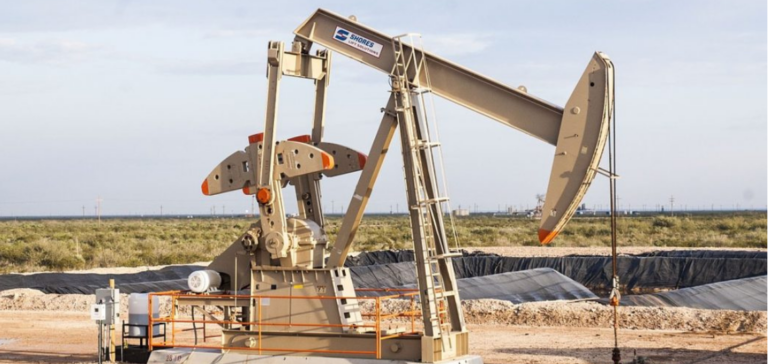Oil prices, symbolized by Platts Dated Brent at $88.615 on November 1, have returned to levels similar to those prior to the outbreak of conflict between Hamas and Israel on October 7. The main reason against an oil shock is political. Saudi Arabia and the United Arab Emirates, natural enemies of Iran-backed Hamas, have no interest in using their oil exports to end the conflict. The USA was hoping for a similar agreement between Riyadh and the government of Israeli Prime Minister Benjamin Netanyahu.
The story of the 1973 oil embargo
Unlike 50 years ago, when the oil shock was the result of pan-Arab nationalism, the Cold War and the Saudi-backed Islamic Unity movement, today’s motivations are different. Unlike 50 years ago, there is little pressure today to arm oil exports. The Gulf States, in particular Kuwait, called for a ceasefire. Algeria and Oman also criticized Israel. However, Saudi Arabia currently seems ambivalent about its role in 1973.
Economic development since 1973
The economic context has changed considerably since then. In 1973, the Middle East accounted for over a third of the world oil market, compared with less than 30% today. US shale oil production has risen sharply, becoming the world’s leading source of production. In addition, it is important to note that the major economies also maintain their own strategic oil reserves.
Oil prices are currently influenced by a combination of economic and geopolitical factors. Although an oil embargo is unlikely, any major disruption to supplies from the Middle East would have an impact on world oil prices. However, current conditions differ considerably from those in 1973, making a similar scenario unlikely.






















